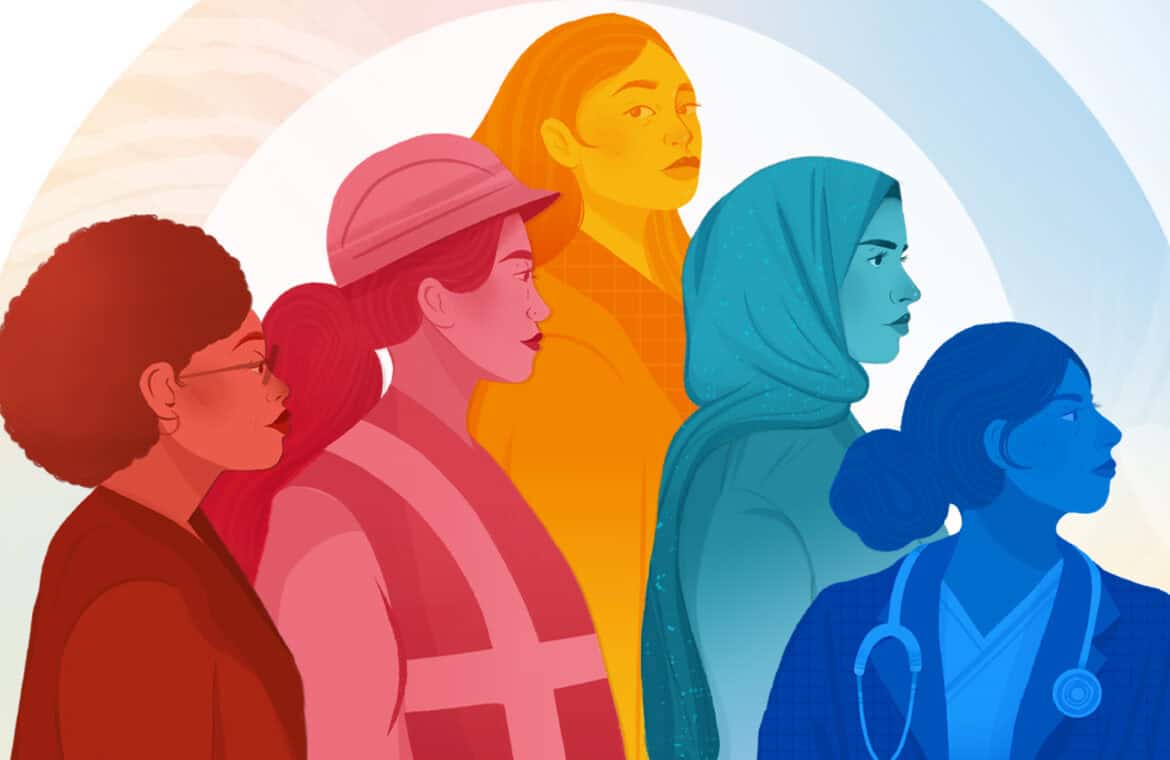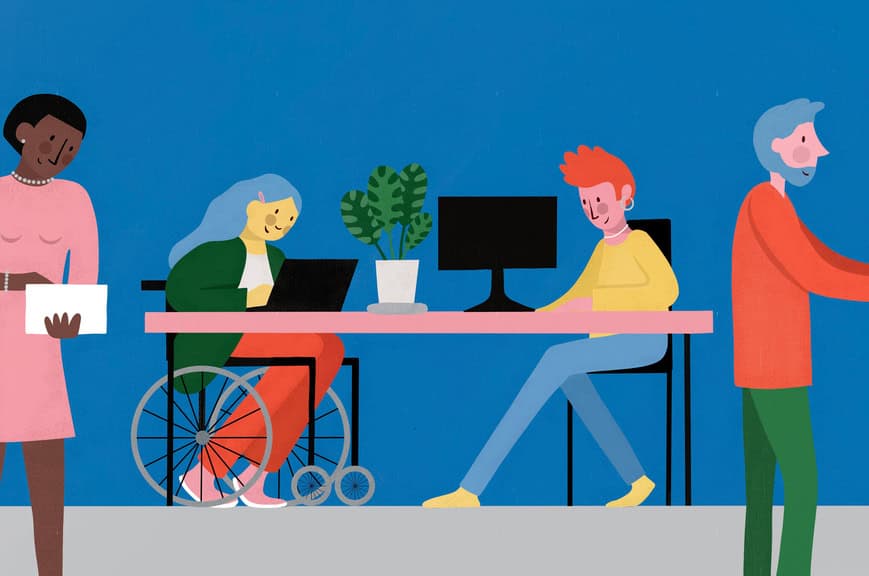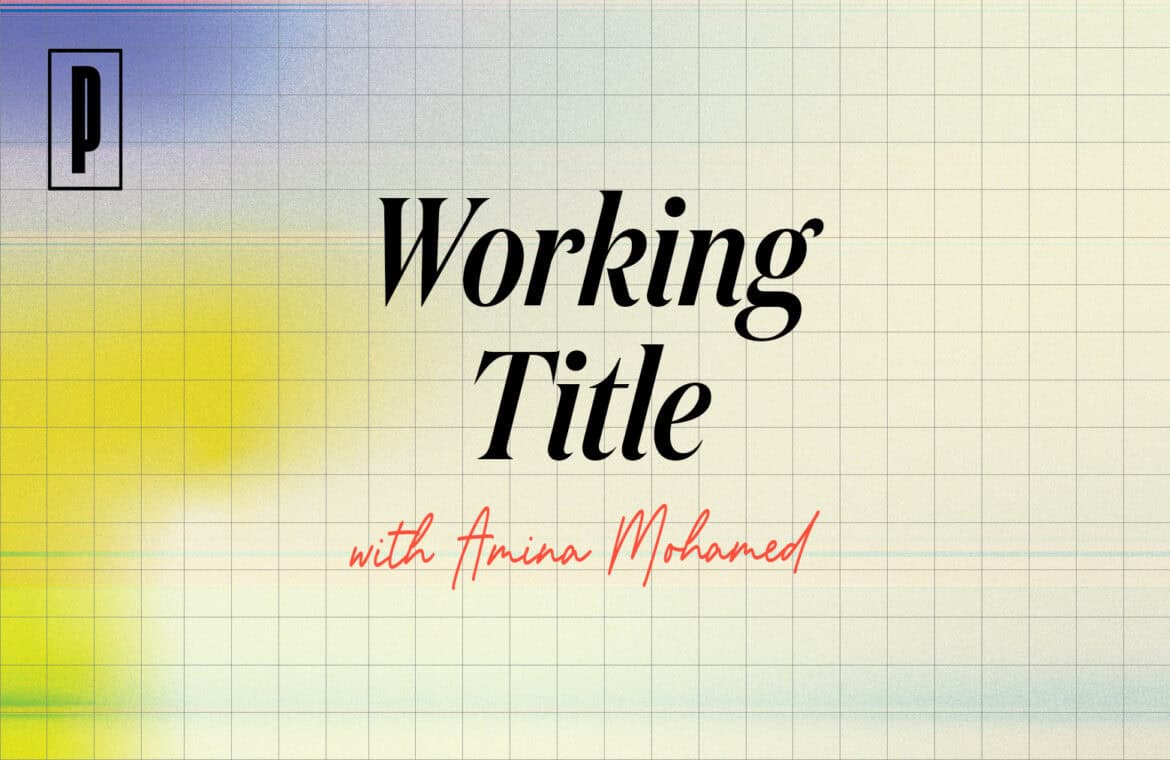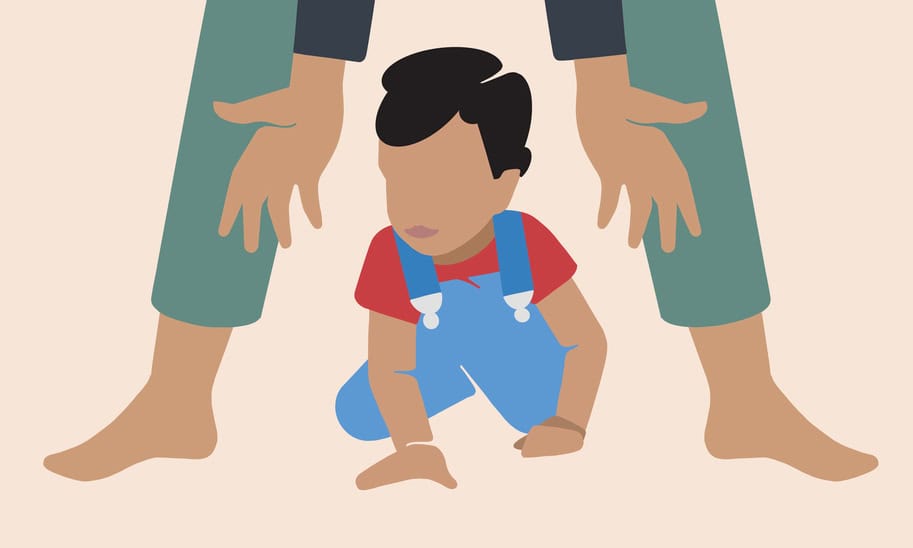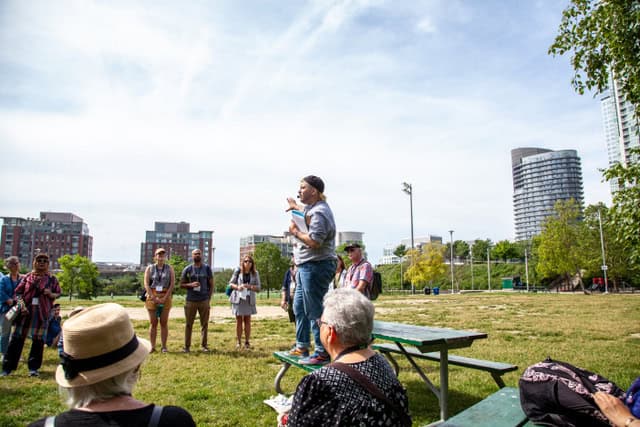Bridging the gap between labour shortages and newcomers’ struggles in accessing the job market
While there are complex barriers for newcomers to get jobs, practitioners on the ground have practical recommendations for removing them, writes Yusra Qadir, of the Mothers Matter Centre.
